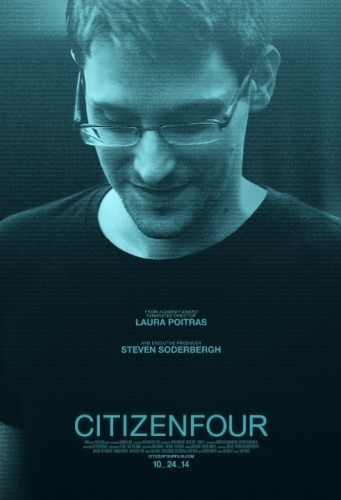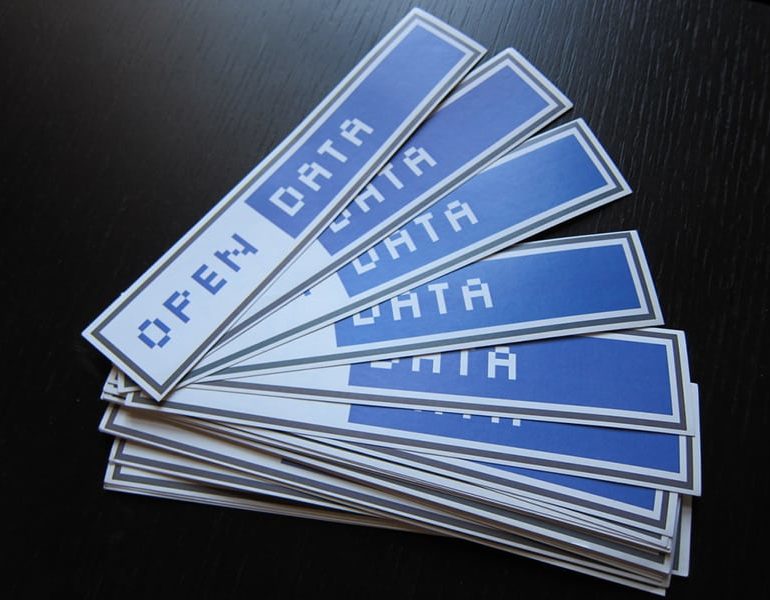
It’s been a long while (almost two years in fact), since I posted a movie review. It’s not that I haven’t seen any good movies in this period, but more of the fact that I tend to sound repetitive when I write these. Watch that, this one is awesome, etc.
Last night I’ve watched “Citizenfour“, and I have to say I’m shaken by that documentary. And I’m not a privacy or security freak, and I was somewhat familiar with Edward Snowden’s story. This film, while portraying his personality, is not so much about him, as it is about the state of affairs.
As a non-US citizen, I have very little interest in what the US government is doing. I don’t particularly care if someone is recording my Internet traffic, Google searches, or the phone calls I make. I’m not worried about ending up “on the list”, or anything like that.
But not everyone is like that. I do understand how government surveillance can be used, how data can be analyzed, and how pressure can be applied. And I do share the point of view that the balance of power between the government and the people is way off (and not only in the US), and that we are beyond the point of any meaningful individual resistance. It’s just that I don’t do anything about it, and Edward Snowden did.
For me personally, quite a few things were new in this film. It was interesting to learn about the variety of NSA and CIA programs, the depth of their rich, and the technology that is in place already. Some of it does sound like science fiction future, but is in fact very possible. The stuff about security access in the NSA, drone video feeds, data gathering, analysis and search, with real time notifications, etc – all that was insightful.
The other side to the movie that I found interesting was the whole process that was used to expose these documents. There is in fact no framework as to how such things can be done, what should and shouldn’t be published, how things can be verified, etc. The move to remove his own bias and pass on the responsibility onto the journalists was interesting.
Overall, I think that the more people see this movie, the better. The issues raised are very important and we should know about them. It doesn’t only affect criminals or terrorists or Americans. It affects everyone. In particular everyone who has a phone, or a computer with an Internet connection, or a credit card. After all, there are 1,200,000 people on the US watch lists, and from what I understand, this list is growing fast.

